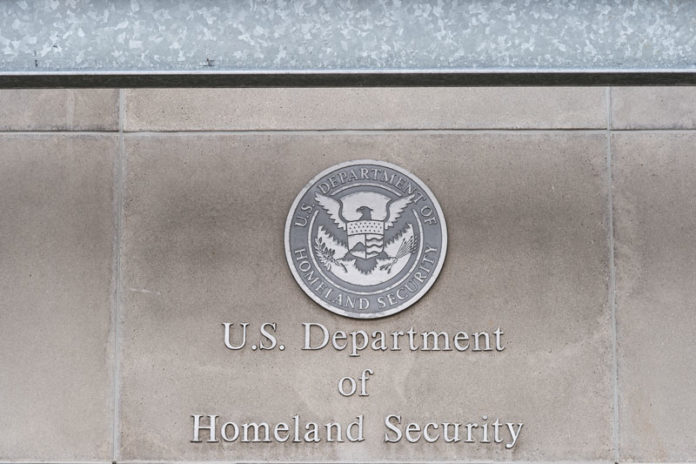The front-line Homeland Security agency charged with keeping terrorists and their weapons out of the United States wasted $5 million on lie detector tests for “unsuitable” job candidates that admitted committing criminal acts or drug use. This is disturbing for several reasons, mainly that this crucial agency, U.S. Customs and Border Protection (CBP), is an essential part of the nation’s security yet it considers hiring agents with criminal histories. Secondly, it’s an inexcusable waste of taxpayer dollars, though that’s a government-wide epidemic hardly limited to this agency.
CBP functions under the immense Department of Homeland Security (DHS) and has some 60,000 employees, making it one of the world’s largest law enforcement organizations. Its duty is to safeguard America’s borders while enabling legitimate trade and travel, a monumental task that requires precision and good judgement. On a typical day, CBP checks over 67,000 cargo containers, seizes nearly six tons of illicit drugs and screens about a million visitors to the U.S. Agents work in land borders, airports and seaports and they consider themselves the “guardians of our nation’s borders,”as well as “America’s frontline.” Undoubtedly, it’s a critical job that requires topnotch personnel—with clean criminal backgrounds—dedicated to the mission.
Why would this agency, so imperative to national security, even think of considering job candidates that don’t meet the highest standards? The answer to that simple question remains a mystery, but at least we have a commitment from CBP brass that adjudicators will immediately remove “unsuitable” job applicants from the hiring process when the candidate admits wrongdoing rather than continue spending money and resources on keeping them in the pool. It required a federal audit to accomplish this and there’s no telling how long it’s been going on.
Between 2013 and 2016 CBP gave 2,300 applicants polygraph tests after they had admitted drug use or criminal activity which automatically disqualified from becoming agents, according to a DHS Inspector General report issued this month. This cost the government an unthinkable $5.1 million, the IG determined. During the same period CBP spent a total of about $72.3 million to administer polygraphs to 32,847 applicants.
Each polygraph test costs the government $2,200, the DHS watchdog reveals in the report. “CBP administered polygraph examinations to applicants who previously provided disqualifying information on employment documents or during the pre-test interview,” the report states. “This occurred because CBP’s process did not stop, and is not sufficient to prevent, unsuitable applicants from continuing through the polygraph examination.” The unqualified candidates didn’t have minor background glitches, but rather “significant pre-test admissions of wrongdoing,” the IG found, suggesting that CBP implement a security interview and improved utilization of the adjudicative process to put its funds to better use by focusing on applicants with the best chance of making it through the hiring process.
A few months ago, a Senate Homeland Security committee approved a measure to expedite hiring more CBP agents by skipping the mandatory polygraph, which has been scrutinized by lawmakers and government officials alike because only one in four applicants pass the test. The agency started requiring polygraphs for new hires because too many agents got busted in illicit behavior after being sworn in.
Under the new bill, certain exceptions would apply; former federal employees who served in law enforcement for at least three years and previously passed background checks; military personnel who served for at least four years with security clearances; state and local law enforcement officers in good standing who already passed a lie detector test as part of their screening process.
CBP has been plagued by scandal in recent years involving internal corruption that could put the U.S. at risk. Back in 2012, the agency’s deputy commissioner, Thomas Winkowski, revealed in congressional testimony an epidemic of CBP agents teaming up with Mexican drug cartels and alien smugglers. Winkowski, who retired in 2015, told members of the House Committee on Homeland Security that more than 2,000 CBP agents had been charged with crimes during an eight-year period and 138 with corruption.
The overwhelming majority of CBP officers serve with honor and integrity, Winkowski told the congressional panel, but a small minority have “disgraced the agency and betrayed the trust of the American public” by engaging in illegal and unethical behavior. That “small minority” is never the less enough to compromise national security.






























